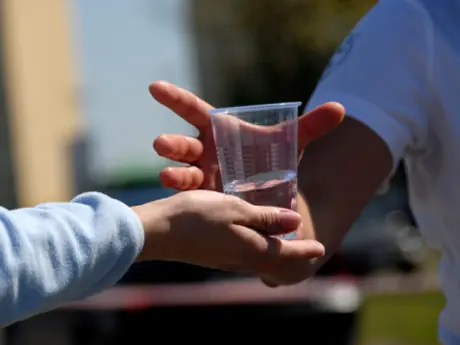
Part 6: How to Choose Your Ideal Marathon Nutrition Plan
In Part 5 of this series, Active Expert Matt Fitzgerald debunked what's become widely accepted hydration advice, and proposed his own pre-race fluid plan. In this article, Matt explores the pros and cons of five race-day fueling plans.
According to the latest science, the best way to fuel your body through a marathon is to drink enough fluid to keep your thirst consistently under control, and to consume at least 60 grams of carbohydrates per hour. There is more than one way to fulfill these recommendations. The specific way that's best for you depends on how your body responds to nutrition intake while running.
Not all runners are able to take in the ideal amount of nutrition during a marathon. There are a few different options for these runners. The option that's right for you depends on your specific limitations. In all there are five different marathon nutrition plans to choose from. Let's take a look at each of them.
More: How to Fuel for a Marathon
Option 1: Sports Drink + Gels + Water
All marathons supply some kind of sports drink at aid stations, which are positioned at intervals of 1.3 miles or so in most events. Sports drinks are the most convenient source of nutrition during marathons because they supply both the fluid and the carbohydrates that you need. The problem with sports drinks is that they don't supply enough carbohydrates to maximize performance when consumed by thirst. The average runner is comfortable drinking about 20 ounces per hour. But a typical sports drink supplies only 36 grams of carbs per 20 ounces. To get the optimal 60 grams per hour, a runner would need to drink 33 ounces of a typical sports drink, an amount that is likely to cause GI distress in many runners.
The best way to meet your combined fluid and carbohydrate needs in a marathon is to drink the sports drink offered at aid stations according to thirst, and to supplement this with energy gels, such as GU, that you carry along with you. Just be sure to wash down your gels with water (also available at aid stations) instead of a sports drink because the combined carbohydrate concentration of gels and sports drink in the stomach often causes stomach upset.
More: 6 Nutrition Tips to Avoid Stomach Pain
Option 2: Energy Gels + Water
Unfortunately, some marathons stock their aid stations with "low-calorie" or "low-sugar" sports drinks that don't contain enough carbohydrates to be of much use. When this is the case, or whenever you don't like the sports drink available at aid stations, you can still meet your marathon nutrition needs by drinking water according to thirst, and getting all of your carbs from energy gels.
A typical energy gel contains 24 grams of carbs. So in order to get the optimal 60 grams of carbs per hour, you'll need to consume a gel packet every 24 minutes.
More: Perfectly Natural Fuel
- 1
- of
- 2
About the Author

Get ACTIVE on the Go


Couch to 5K®
The best way to get new runners off the couch and across the finish line of their first 5K.
Available for iOS | Android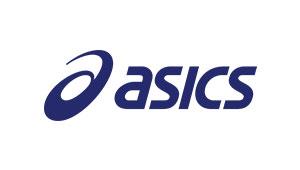
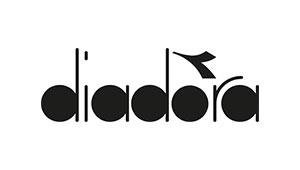
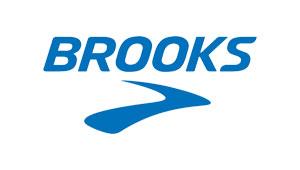
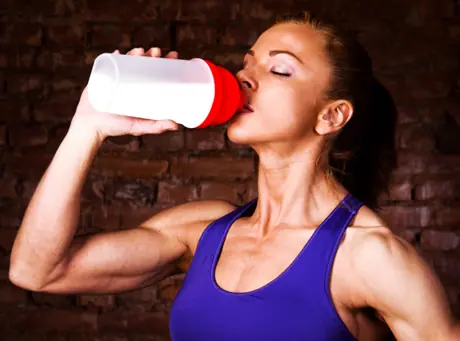

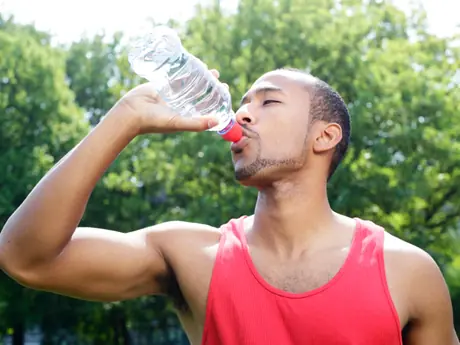
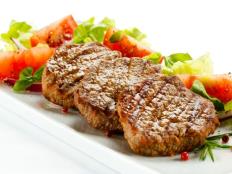
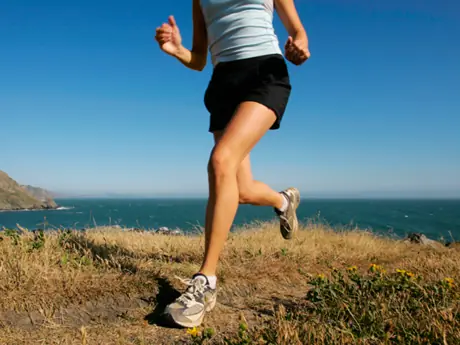
Discuss This Article